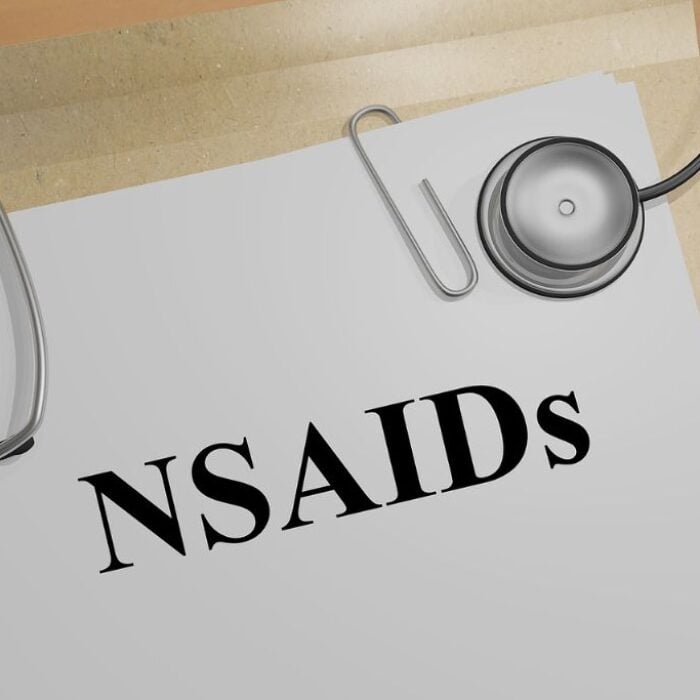Perhaps you have a loved one who has gone downhill recently. You may begin to suspect that something is seriously wrong if he or she is no longer interested in things they used to be. Maybe there is a marked difference in physical appearance or an unexplained unraveling of emotions.
Many people can tell when something is not right with a loved one. Some people will choose to look the other way, not because they don’t care, but because denial can be that powerful. If you have a loved one who is abusing prescription painkillers, there are likely signs that will become obvious at some point.
This is a growing problem in our society, responsible for countless cases of opiate addiction and opiate overdose. Left untreated, addiction to opiates will progress. There will inevitably be some escalation of use because a person’s tolerance to opiates builds, rendering the medication ineffective.
Top Signs Of Prescription Painkiller Abuse And Addiction
- Running out of medication early
- Coming up with excuses about medication shortages (“they were stolen” or “I gave them to a friend in need”)
- Unexplained periods of sickness. You may not recognize it at first, but a dependent person who runs out of meds will go through opiate withdrawal, which can be painful and dangerous.
- Continued use of painkillers even after pain has cleared up
- Visiting multiple doctors or pain clinics to get multiple supplies of a drug
- Changes in physical appearance/lack of attention to hygiene
- Mood swings and evidence of hostility, aggression, anxiety or depression
- “Nodding off,” or alternate periods of being awake and asleep, even in the middle of a conversation
- Secretive behavior and unexplained absences
- Stealing or borrowing prescription painkillers from others
- Loss of jobs, friends and important relationships
- Withdrawal from life, be it from friends, family members or others
- Lack of motivation
Some People Are More Prone To Opiate Abuse And Addiction But There Is Help
There are some people who are more prone to abusing prescription painkillers. This includes anyone who has abused or been addicted to other substances in the past. In addition to fighting pain, opiates can also cause extreme sedation and euphoria when abused. They also have a tendency to dull emotional pain, so people who have experienced loss or trauma may be at risk. This also goes for people who have mental illness. These medications can be soothing for people with bipolar disorders, depression and schizophrenia.
Opiate detox in a professional, medical setting can provide a much safer, quicker and thorough solution to addiction. Most people who abuse these meds and try to stop, can’t. Safety and management of narcotic withdrawal is key during this time.















